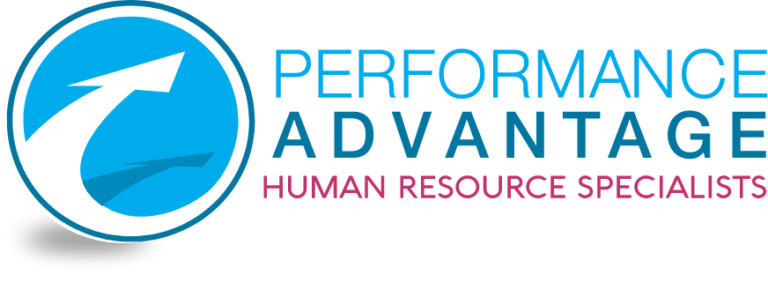Succession Planning: A Critical Strategy for Every Business
In today’s fast-paced business environment, effective succession planning is more vital than ever. Studies reveal that nearly 50% of new executive hires fail within their first 18 months, leading to disengaged teams and decreased performance. With a wave of Baby Boomer retirements (10,000 every day!), organisations must rethink their approach to succession planning to encompass all senior leaders and critical roles.
The Risks of Neglecting Succession Planning
Ignoring succession planning can lead to significant disruptions. Imagine a sudden departure causing stalled projects and lost expertise. The impact can cascade through your organisation, resulting in:
- Work Disruption: Vacant roles create missed deadlines and hinder decision-making, ultimately affecting productivity.
- Knowledge Loss: Institutional knowledge is irreplaceable. When key personnel leave without a knowledge transfer plan, vital insights walk out the door.
- Talent Drain and Morale Issues: Unclear career paths can drive high-potential employees to seek opportunities elsewhere, leading to decreased morale among remaining staff.
- Financial Implications: Rushed recruitment to fill critical roles often results in poor hires and costly mistakes, impacting the bottom line.
Why Every Level Matters
Succession planning isn’t just about the top positions; every role contributes to organisational success. Losing key team members in any department, whether in sales, logistics, production or finance, can lead to significant setbacks. By identifying and preparing individuals for critical positions, businesses can ensure smooth transitions and minimal disruption.
Developing Future Leaders
A proactive approach to talent development involves recognising potential across all levels. Implementing mentorship and training programs nurtures high-potential employees, preparing them for future leadership roles and fostering a culture of growth and engagement.
Building a Resilient Workplace
The unexpected is inevitable, but with a solid succession plan, organisations can navigate challenges confidently. Designated successors for key roles help mitigate disruptions, ensuring stability and adaptability in a changing market.
Key Steps to Effective Succession Planning
- Identify Key Positions and Skills Gaps: Map your organisational structure and pinpoint critical roles, considering industry trends and your unique needs.
- Talent Assessment and Growth Development: Enhance performance reviews and skills assessments to uncover high-potential employees, then invest in their development.
- Mentorship and Coaching Programs: Pair high-potential talent with seasoned leaders to accelerate their growth and foster a sense of belonging.
- Communication and Transparency: Openly share your succession plan with employees, outlining key positions and development opportunities to build trust and engagement.
Streamlining Your Succession Planning Process
Utilising technology can significantly enhance your succession planning efforts. Key features to consider include:
- Talent Identification: Use performance management systems and skills assessments to identify high-potential employees.
- Development and Training: Implement learning management systems (LMS) for targeted training and mentorship platforms for guidance.
- Succession Planning Software: Manage the succession process from role identification to tracking development goals.
- Communication Tools: Facilitate discussions and feedback about career development and succession planning within your organization.
Key Takeaways
- Every Level Matters: The impact of losing team members extends throughout the organization. Unplanned departures can slow production and disrupt operations.
- Invest in Future Leaders: Identify and nurture talent across all departments, not just at the top.
- Engage and Retain Talent: Clear career paths lead to happier, more committed employees.
- Build Resilience: Prepare for the unexpected with designated successors for key roles, ensuring stability and smooth transitions.
At Performance Advantage, we understand the importance of comprehensive succession planning. By implementing a strategic approach, you can cultivate a resilient organization ready to tackle future challenges.
If you fail to plan, you plan to fail. Contact Suzanne on 0408 897 079 or at suzanne@performanceadvantage.com.au for further information.
We look forward to hearing from you!
